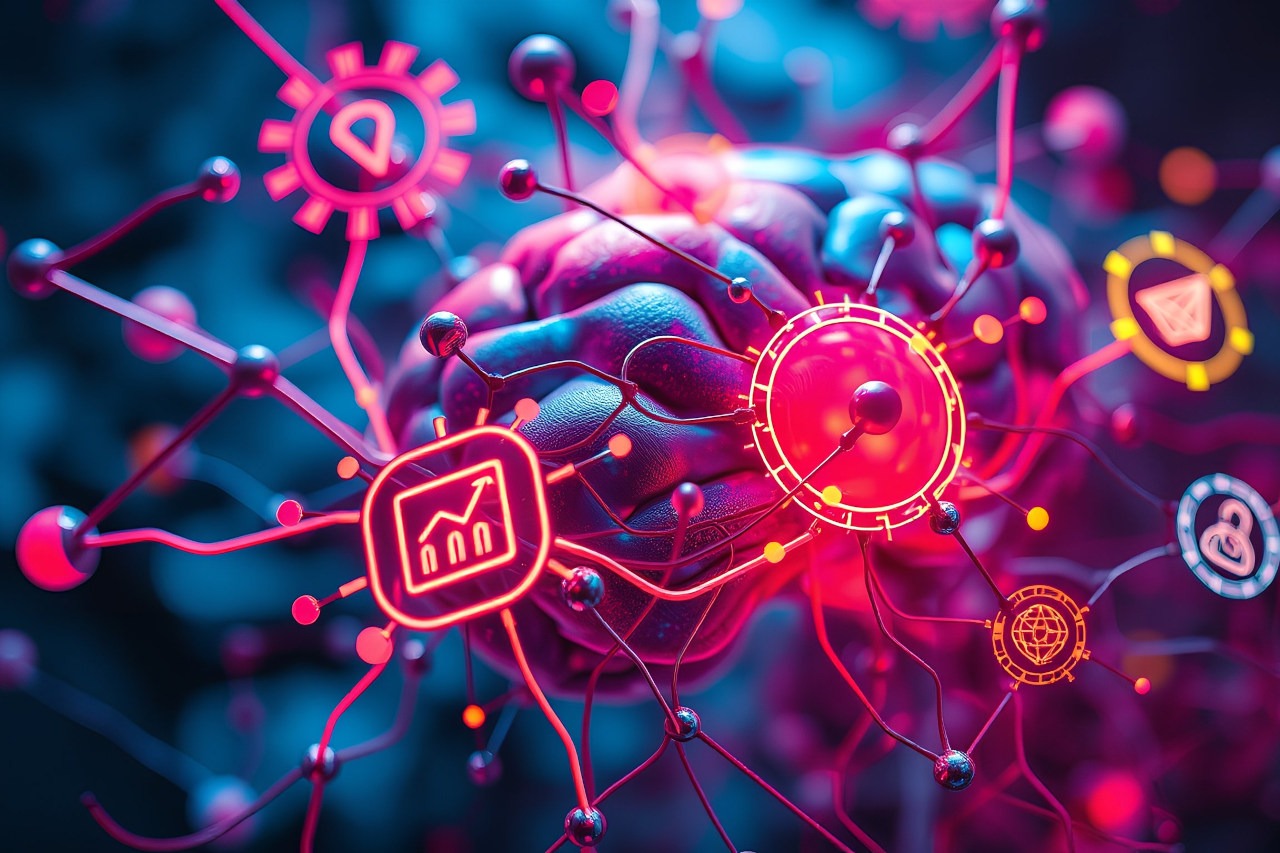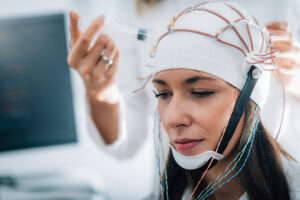In traffic, at a soccer game, or on the Internet – we encounter advertising messages everywhere. Can they seduce us without us noticing, and can our brains be influenced by neuromarketing?
Technology
“I know it happened because I was there” – how many times have you found yourself saying or thinking that? However, you may have been lying without knowing it, because human memory is not as reliable as we think. We often only think we remember things because our memories can be manipulated without much effort.
The way we interact with technology has hardly changed in the last forty years. How much longer do we have to wait until we can finally control technology with our thoughts?
At night, while we sleep, we process sensory stimuli that we have absorbed and stored during the day. But can our brain also store new knowledge during our night’s sleep?
A pack of potato chips instead of a bowl of salad – a few hours on the couch instead of at the gym: we constantly break our resolutions and surrender to the commands of a very selfish brain. Yet, anyone can beat laziness. What slows us down, what keeps us going? How can we overcome the motivation killers in our heads?
Just ten minutes of acute oxygen deficiency can cause irreparable damage to our brain. If it lasts longer, we become unconscious and fall into a coma.
Some people can memorize hundreds of faces or phone numbers in a matter of minutes. Everyone is capable of such feats of memory.
Norway’s most powerful supercomputer is named “Olivia” and is tucked away in a former mine, located right next to a picturesque fjord. Welt der Wunder was the only German team invited to take a look behind the scenes.
Auch Privatpersonen sind lukrative Opfer für Cyberkriminelle – und im Urlaub sind sie besonders verwundbar. Diese Tipps sollte jeder beachten, der mit Smartphone und Laptop im Gepäck sicher reisen will.
A song that is stuck in our heads is a snippet of music that plays over and over in our minds. The tricky part is that we can’t control this process. But how does this happen? And more importantly, what can we do about it?














